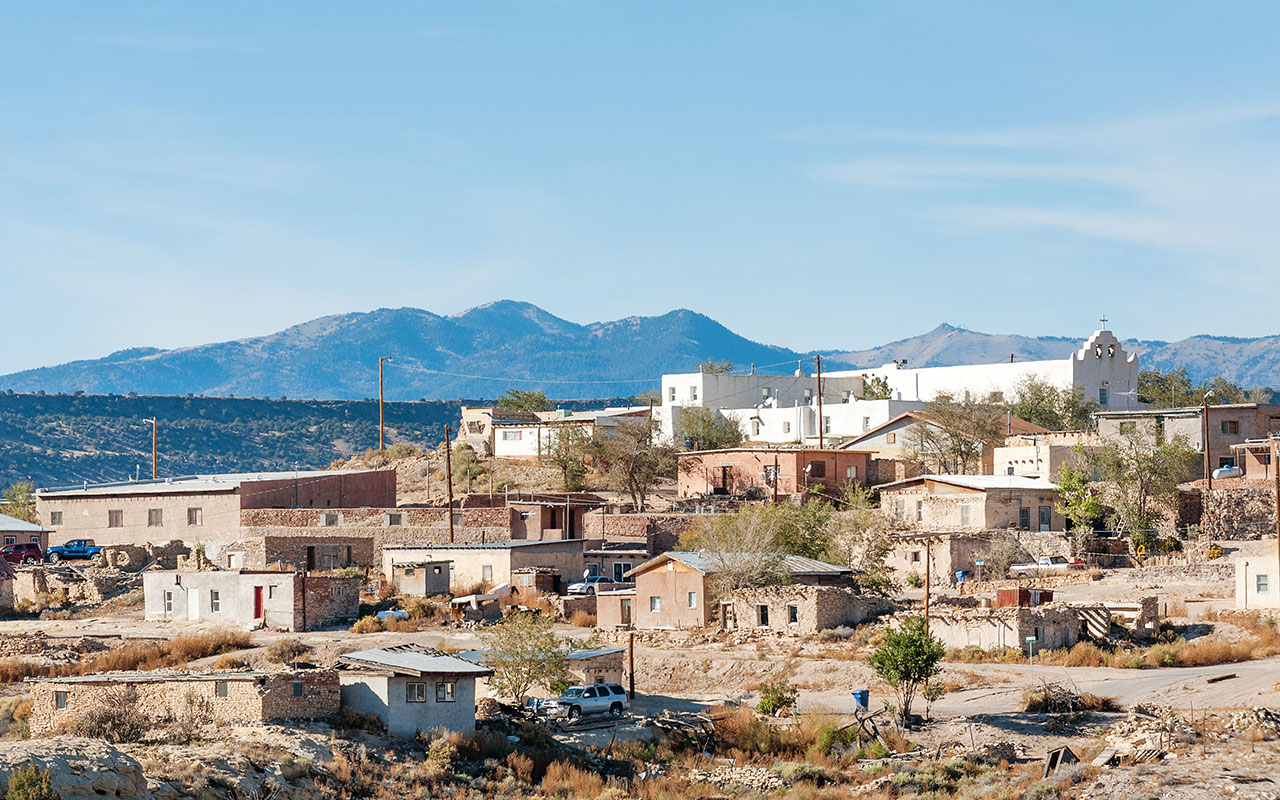Supporting American Indian tribal sovereignty boosts economic outcomes for those on reservation lands

American Indian communities over the past 30 years experienced more economic growth and improved well-being than during any other point in the more than five centuries since European colonists and settlers arrived on this continent. These improved outcomes are largely a result of increased exercise of tribal sovereignty and self-governance, which created new opportunities for Americans Indians, as well as non-American-Indians living on or near tribal lands and resources.
Yet despite these gains, tribal governments still face obstacles to fully realizing economic and political opportunities for their citizens. Though poverty and unemployment rates fell during the past three decades, many American Indians still face significant economic challenges, as income inequality increased and income mobility stagnated. Identifying and addressing these issues is also made difficult because there is surprisingly little economic research on Indigenous people living on reservations in the United States. This means researchers don’t have access to data that accurately reflect the economic conditions and realities of many American Indians.

An upcoming virtual event hosted by Equitable Growth on November 3 will explore how to stimulate economic activity on tribal lands and improve the well-being of American Indians and how these policies can strengthen climate mitigation and resilience efforts. The event, titled “Supporting tribal sovereignty and resilience for American Indians in the 21st century,” will feature Equitable Growth grantee and associate professor of public policy and American Indian studies at the University of California, Los Angeles, Randall Akee.
Akee (Native Hawaiian) will be joined in the conversation with:
- Dwanna L. McKay, assistant professor of race, ethnicity, and migration and Indigenous studies at Colorado College (Muscogee)
- Christina E. Snider, tribal advisor in the office of Gov. Gavin Newsom (Dry Creek Pomo)
- C. Matthew Snipp, The Burnet C. and Mildred Finley Wohlford professor of humanities and sciences at Stanford University and an Equitable Growth grantee (Oklahoma Cherokee/Choctaw)
The event builds on Akee’s contribution to Equitable Growth’s compilation of essays, Boosting Wages for U.S. Workers in the New Economy, which presents ideas for raising wages across the U.S. labor force by addressing underlying dynamics in the economy. Akee’s chapter dives into and contextualizes his previous research and details many of the issues the event will touch upon, from improving data quality and collection efforts—an especially urgent and critical issue during the coronavirus pandemic—to tribal sovereignty and its impact on economic outcomes for American Indians on reservations.
Some of the specific policies he recommends are to create new and innovative industries on tribal lands, to enact a tribal jobs guarantee program, to invest and expand infrastructure on tribal lands, and to increase access to capital, among other ideas. These efforts also could reinforce large-scale climate mitigation projects, renewable energy generation, and ecosystem restoration programs in tribal nations.
In addition, Akee makes plain that without added investments to create new longitudinal datasets that expand survey samples and gather and disaggregate more data from Indigenous populations, it will be next to impossible to evaluate the efficacy and results of these policies.
These policy ideas are essential to continuing the past 30 years of improvements in the general well-being of American Indians residing on reservations. They also would work to improve outcomes for non-American-Indians living on or near tribal lands, thus boosting economic conditions in many rural and underdeveloped regions of the United States that, for the past few decades, have been struggling with deindustrialization, stagnant wages, and rising unemployment.
Equitable Growth’s upcoming event will gather policymakers, researchers, and advocates for an informed discussion of these topics. It will also provide a valuable opportunity to understand how these ideas can be tied to climate change mitigation—an increasingly important issue for policymakers as more and more people experience the effects of a rapidly warming climate.
For more information about the event, which will take place virtually on November 3 from 1:30 p.m. – 3:00 p.m. EDT, visit the Equitable Growth event page. To register for the event and access additional details on speakers and the agenda, click here.






